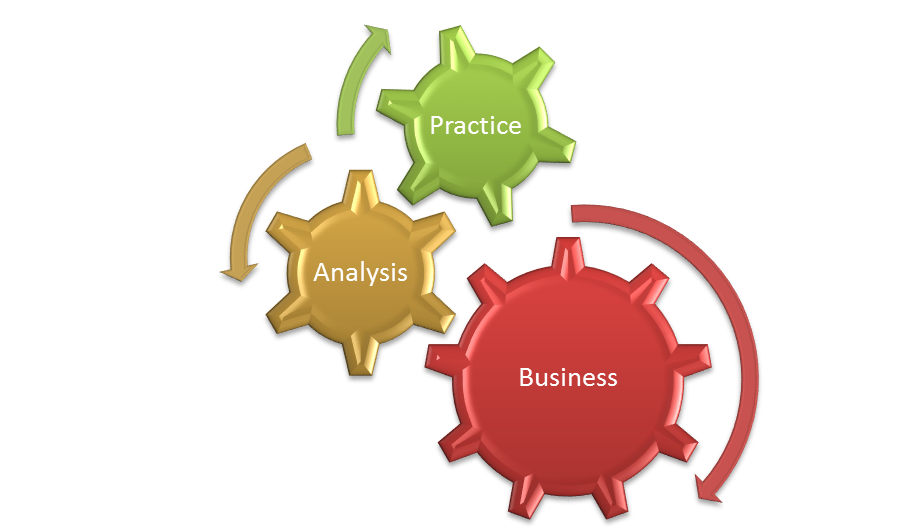Dublin
Dublin is the largest city and capital of Ireland. Dublin is located in Leinster province on the east coast of Ireland at River Liffey mouth. The Urban population of the Dublin is 1,345,402. The population of Greater Dublin Area according to 2016 is 1,904,806. After the Invasion, of Normans, Kingdom of Dublin became a principal city of Ireland. Dublin expanded rapidly in the 17th century and is the second largest town in British Empire. Dublin became the capital of Irish Free State after the partition of Ireland in 1922.
City council administers Dublin. It is listed by World Cities Research Network and Globalization as a global city with a ranking of Alpha. Dublin is historic and a major centre for arts, education, industry, administration and economy.
History
During 18th century, Dublin city grew more rapidly because many districts and buildings were added. Districts added was Merrion Square, Royal Exchange and Parliament House. In 1757 beginnings of City Corporation was created. In 1759, Ireland’s famous Guinness Stout was first brewed. In 1779 Grand Canal was built and in 1786 police force was established. At the end of the century, Kilmainham Goal and O Connell Bridge was built. The population was grown to 180,000 in 1800. Overpopulation brought poverty and diseases.
In 19th-century street lighting was introduced in Dublin. Dublin suffered economic as well as political decline. Things changed rapidly in the 20th century with 1916 Easter Rising. Dublin was setting for many significant events during Irish struggle for independence. In mid-1990’s economic boon in Dublin brought massive expansion and development to the city. It included the creation of Dublin’s new landmarks, Spire monument on O Connell Street. Dublin is the only largest conurbation in Ireland. In Greater Dublin Area 1.2 million people live. This area population comprises 28% of country’s total population.
The boom brought many new ethnic groups in the city and created an international feel in the north inner city.
Economy
Ireland Economic Centre is Dublin. During Celtic Tiger period in 2009, Dublin was at the forefront of country’s economic expansion. Dublin is listed as the fourth richest city in the world by power and 10th richest by personal income. It is also a 13th most expensive city in the European Union and 58th expensive place to live in the world. Around 800,000 people employed in Greater Dublin Area. Out of this population, 600,000 were employed in the service sector and 200,000 in an industrial sector.
Various traditional industries in Dublin like food processing, brewing, textile manufacturing and distilling declined. In 1990’s Dublin attracted a various global information, communications and pharmaceutical technology companies. Companies like Amazon, Google, Paypal, Microsoft, Facebook, Twitter, Accenture, Yahoo!, eBay and Pfizer now have headquarters and operational bases in Dublin. Various enterprise clusters like Silicon Docks and Digital Hub are located in this city.
After the establishment of Dublin’s International Financial Services Centre in 1987, financial services became important to Dublin. Under IFSC programme, 500 operations were approved. This centre is also host to world’s top 20 insurance companies and top 50 banks. Various international firms established their headquarters in a city like Citibank and Commerzbank. Irish Enterprise Exchange, Internet Neutral Exchange and Irish Stock Exchange are located in Dublin.

 ENQUIRE
ENQUIRE
 REQUEST CALLBACK
REQUEST CALLBACK
 GET A FREE QUOTE
GET A FREE QUOTE


 Introduction
Introduction Course Details
Course Details Course Content
Course Content





 London
London